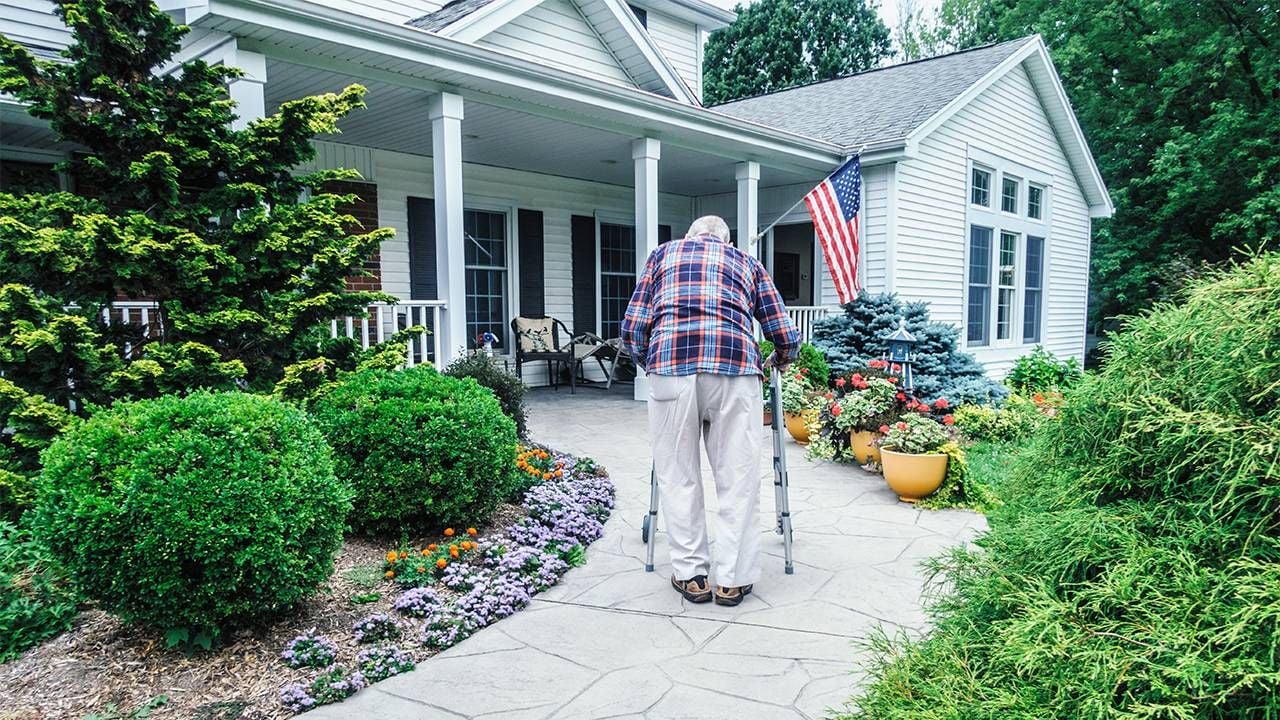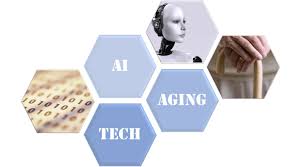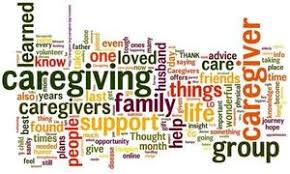Noting from studies how easily AI-powered chatbots can be manipulated to craft convincing phishing emails.
Connected care in the home has the potential to address both the preferences of older adults and the societal imperative to care for a rapidly growing aging population
A practical guide to understanding autonomous AI agents, why they matter for healthcare governance, and what to do about them.
The growing ecosystem of devices and products serving peoples’ health and well-being shows us that innovators already see the opportunity to serve the fast-growing market for self-care among people 50 years of age and up.
For nearly twenty years, one thing has felt inevitable: when boomers reach “old age,” senior living demand will surge. And yet ..

 Parks Associates' update this week is illuminating. In offering up a
Parks Associates' update this week is illuminating. In offering up a  Can tools like ChatGPT and DALL-E be helpful to older adults?
Can tools like ChatGPT and DALL-E be helpful to older adults?  The articles and tech industry focus on ‘aging in place’ and fear. And it’s not unlike the ‘I’ve Fallen and I can’t Get Up’ fear.
The articles and tech industry focus on ‘aging in place’ and fear. And it’s not unlike the ‘I’ve Fallen and I can’t Get Up’ fear.  2023 begins with so many announcements, so little time. The first big event, CES 2023, brought multiple startups and stalwarts to Las Vegas. Ironically, it was not the big tech news of the month – eclipsed by an OpenAI introduction that had appeared in November, but was suddenly noticed
2023 begins with so many announcements, so little time. The first big event, CES 2023, brought multiple startups and stalwarts to Las Vegas. Ironically, it was not the big tech news of the month – eclipsed by an OpenAI introduction that had appeared in November, but was suddenly noticed  Technology solutions augment care – not replacing family or support. The categories of technology offerings help older adults age successfully and include independent market segments – each useful – but together, they complete a puzzle for a fulfilling and interactive life for older adults, enabled with the support of families and caregivers and include the sub-categories as shown in the examples at the end of the
Technology solutions augment care – not replacing family or support. The categories of technology offerings help older adults age successfully and include independent market segments – each useful – but together, they complete a puzzle for a fulfilling and interactive life for older adults, enabled with the support of families and caregivers and include the sub-categories as shown in the examples at the end of the  To reach older adults and their families, one go-to-market channel is not enough. Depending on the product or service, it may need a mix of resellers/distributors, face-to-face, and online sales. The
To reach older adults and their families, one go-to-market channel is not enough. Depending on the product or service, it may need a mix of resellers/distributors, face-to-face, and online sales. The  Caregiving and other demands of an aging population are gaining attention. In a University of Michigan national poll in November, 2022,
Caregiving and other demands of an aging population are gaining attention. In a University of Michigan national poll in November, 2022, 
 It’s possible to participate in CES – and not be a startup. While startups were
It’s possible to participate in CES – and not be a startup. While startups were CES 2023 is, as the sponsors say, a wrap.
CES 2023 is, as the sponsors say, a wrap.